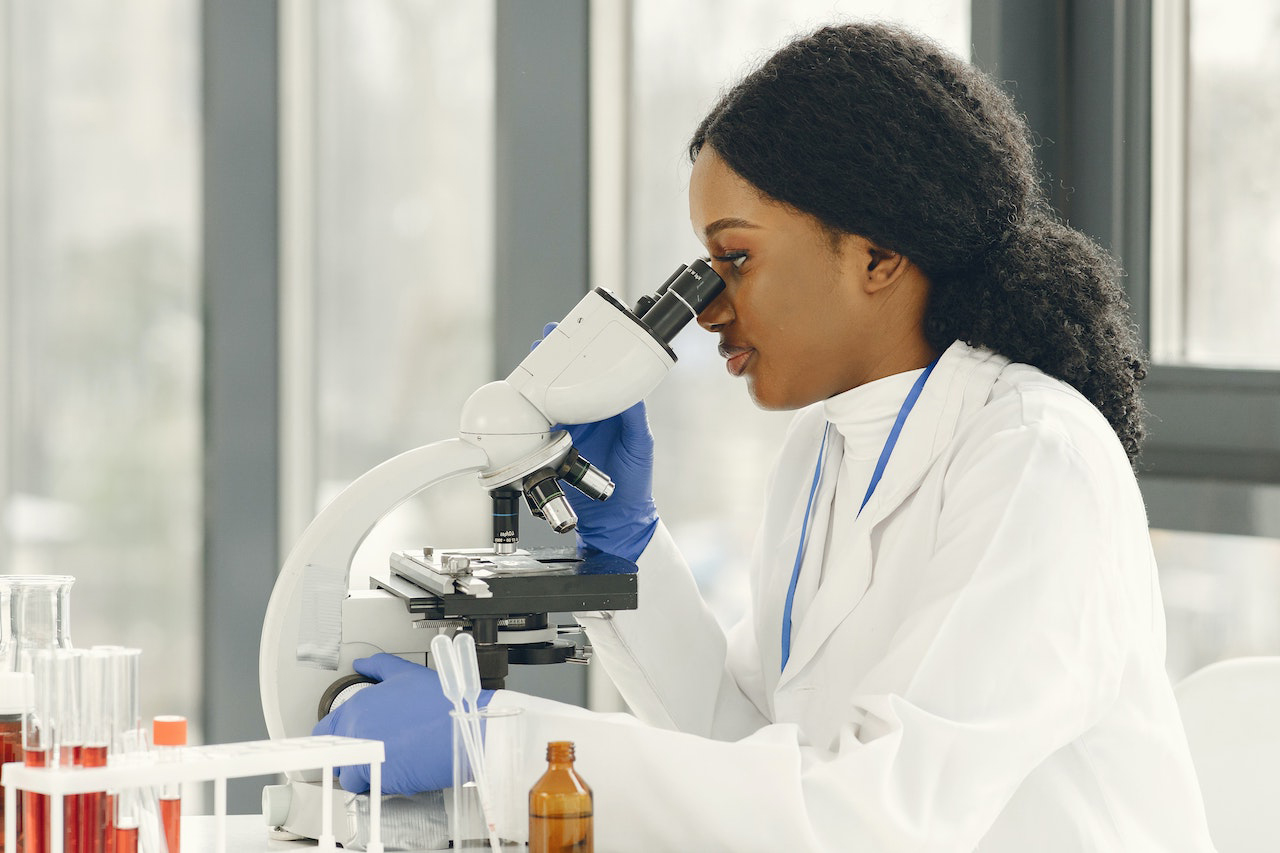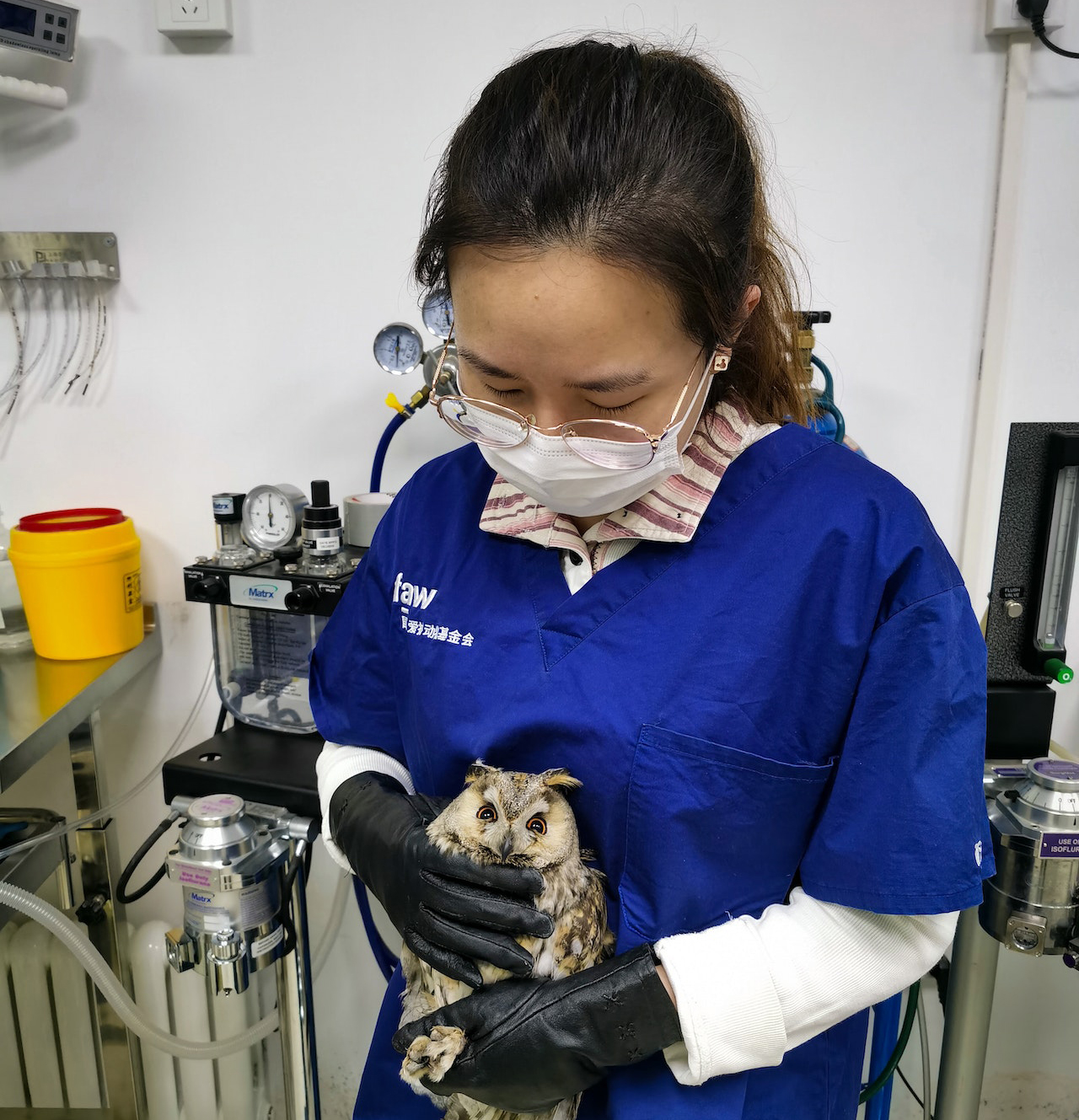B.S. Chemistry Program Map

Non-ACS Professional Preparation Track (Algebra Start)
This degree designed specifically for those students planning to attend medical, dental, veterinary, physician’s assistant, or other professional programs.
Stats
60
Core Credit Hours
54
Major Credit Hours
9
Elective Credit Hours
- Plan Your Degree
- Crush Your Course
- Find Your Place
- Broaden Your Perspectives
- Connect Off-Campus
- Take Care of Yourself
- Pave Your Path
Plan Your Degree
Disclaimer: This program map is intended ONLY as a guide for students to plan their course of study. It does NOT replace any information in the Undergraduate Catalog, which is the official guide for completing degree requirements.
| Course Name | Credit Hours |
|---|---|
|
C1: ENGL 1101
English Composition I |
3 |
|
MATH 1111
College Algebra |
3 |
|
I2: XIDS 2002
First-Year Seminar |
2 |
|
P2: POLS 1101
American Government |
3 |
|
T1: BIOL 1107 + Lab
Principles of Biology I |
4 |
Milestone:
- Overall B or better grades highly desirable to be competitive for medical school.
| Course Name | Credit Hours |
|---|---|
|
C2: ENGL 1102
English Composition II |
3 |
|
M: MATH 1113
Precalculus |
4 |
|
F: CHEM 1211 + Lab
Principles of Chemistry I |
4 |
|
T2: BIOL 1108 + Lab
Principles of Biology II |
4 |
Milestone:
- Overall B or better grades highly desirable to be competitive for medical school.
| Course Name | Credit Hours |
|---|---|
|
F: CHEM 1212 + Lab
Principles of Chemistry II |
4 |
| S1 OR P1 | 3 |
Milestone:
- CHEM 1212 needs a grade of B or better, which is required to move into Organic Chemistry.
15 Fall Credit Hours + 15 Spring Credit Hours + 7 Summer Credit Hours = 37 Credit Hours
| Course Name | Credit Hours |
|---|---|
|
CHEM 2130
Sophomore Chemistry Seminar |
1 |
|
F: CHEM 2411 + Lab
Organic Chemistry I |
4 |
|
T3: MATH 1634
Calculus I |
4 |
|
S2: PSYC 1101 OR SOCI 1101
Introduction to Psychology or Introduction to Sociology |
3 |
| S1 OR P1 | 3 |
Milestone:
- Overall B or better grades highly desirable to be competitive for medical school.
| Course Name | Credit Hours |
|---|---|
|
CHEM 3422 + Lab
Organic Chemistry II |
4 |
|
F: MATH 1401 OR 2644
Elementary Statistics or Calculus II |
3/4 |
|
I1: PHIL 2020
Critical Thinking |
3 |
|
BIOL Course
3000/4000 level BIOL elective course |
4 |
Milestone:
- Overall B or better grades highly desirable to be competitive for medical school.
15 Fall Credit Hours + 14 Spring Credit Hours = 29 Credit Hours
Additional Information:
- Recommended Biology Electives: Cell and Molecular Biology, Human Physiology, Genetics, Microbiology.
| Course Name | Credit Hours |
|---|---|
|
CHEM 3310K
Analytical Chemistry |
4 |
|
PHYS 1111 OR 2211 + Lab
Introductory Physics I or Principles of Physics I |
4 |
|
BIOL Course
3000/4000 level BIOL elective course |
3 |
|
PSYC OR SOCI Course
3000/4000 level PSYC OR SOCI elective course |
4 |
Milestones:
- Biology electives can be taken in any order but need to be taken before attempting the MCAT.
- CHEM 3422 + Lab section and CHEM 3310K must be completed with a C or better before taking CHEM 4711.
| Course Name | Credit Hours |
|---|---|
|
CHEM 4711
Biochemistry |
3 |
|
PHYS 1112 OR 2212 + Lab
Introductory Physics II or Principles of Physics II |
4 |
|
BIOL Course
3000/4000 level BIOL elective course |
3 |
| A2: Literature course | 3 |
Milestones:
- Biology electives can be taken in any order but need to be taken before attempting the MCAT.
- Take MCAT.
15 Fall Credit Hours + 14 Spring Credit Hours = 29 Credit Hours
Additional Information:
- Recommended Biology Electives: Cell and Molecular Biology, Human Physiology, Genetics, Microbiology.
- Recommended Psychology Electives: Human Growth & Development, Social Psychology, Abnormal Psychology.
| Course Name | Credit Hours |
|---|---|
|
CHEM 3510
Survey of Physical Chemistry |
3 |
|
CHEM 4610
Inorganic Chemistry |
3 |
|
CHEM Course
3000/4000 level CHEM elective course |
3 |
|
BIOL Course
3000/4000 level Elective course |
3 |
| A1: Humanities | 3 |
Milestone:
- Overall B or better grades highly desirable to be competitive for medical school.
| Course Name | Credit Hours |
|---|---|
|
CHEM 4910L
Tools and Applications in Chemical Research and Practice |
3 |
|
CHEM Course
3000/4000 level CHEM elective course |
3 |
|
Elective
Supporting Courses: CS 1300 or MATH or SPAN |
3 |
| Elective | 3 |
Milestone:
- Overall B or better grades highly desirable to be competitive for medical school.
15 Fall Credit Hours + 12 Spring Credit Hours = 27 Credit Hours
Additional Information:
- This program map was developed for Medical School. The courses in the first three years have been laid out to prepare students for the MCAT. The MCAT should be taken in the summer after Year 3.
- This program map can be adapted for Dental, Vet, Physician’s Assistant, Anesthesiology Assistant or Physical Therapy programs. Please see an advisor
Crush Your Course
First Year:
- Choose Concentration (ACS track recommended).
Middle Years:
- Take Sophomore Seminar.
- Complete Organic Chemistry sequence.
- Complete Analytical Chemistry.
- Complete other supporting courses (see Advisor to have a clear roadmap).
Last Year:
- Take Senior Seminar.
- Take senior capstone course(s) and complete a senior project.
- Complete all required courses for a degree.
Find Your Place
First Year:
- Connect with your faculty mentor.
- Join clubs (Chemistry Association or Emerging Healthcare Leaders recommended).
Middle Years:
- Join a research group or seek for student employment (workshop leader, laboratory assistant).
- Attend program/department/college events.
- Attend senior research presentations and on-campus conferences.
- Study and hang out in the student lounge (TLC 2116).
Last Year:
- Attend program/department/college events.
- Attend on-campus conferences.
- Study and hang out in the student lounge (TLC 2116).
Broaden Your Perspectives
First Year:
- Look at the Chemistry Careers page on the American Chemical Society’s webpage.
Middle Years:
- Explore internships or part-time jobs in career-related areas (industry, pharmacy, etc.).
- Explore summer internships or REU programs.
- Explore volunteer opportunities with a club or in career-related areas.
Last Year:
- Re-examine career paths with a chemistry degree (ACS Career page, alumni connections, your own aptitude and interest).
Connect Off-Campus
First Year:
- Sign up for Handshake through Career Services.
Middle Years:
- Sign up for Handshake through Career Services.
- Create an account in LinkedIn.
- Talk to alumni guest speakers and make connections.
Last Year:
- Talk to alumni in a career field of interest, matched by your faculty mentor.
Take Care of Yourself
First Year:
- Look into on-campus self-care and stress resources especially Campus Center, Health Services, and Counseling Center.
- Find study buddies.
- Go to events, have fun (balance time between study, work, and fun).
Middle Years:
- Talk to your faculty mentor.
- Look into on-campus self-care and stress resources especially Campus Center, Health Services, and Counseling Center.
- Find study buddies.
- Go to events, have fun (balance time between study, work, and fun).
Last Year:
- Talk to your faculty mentor.
- Look into on-campus self-care and stress resources especially Campus Center, Health Services, and Counseling Center.
- Find study buddies.
- Go to events, have fun (balance time between study, work, and fun).
Pave Your Path
First Year:
- Look at the Careers page on the American Chemical Society’s webpage.
Middle Year:
- Write preliminary resume.
- Seek for resume-building opportunities related to your career goal (employment, research, activities, volunteering).
Last Year:
- Build hands-on experience through research and/or internships.
- Update your resume or CV.
- Apply for graduate schools, professional school, or jobs.
- Make sure to get help from Career Services for cover letters, resume, application, and interviews.
Careers

Career Opportunities
This degree may help you get work as the following:
- Dental Assistant
- Hazardous Waste Chemist
- Medical Assistant
- Physician Assistant
- Quality Control Chemist
- Toxicologist
- Veterinarian
- Veterinary Assistant
- Veterinary Technologists and Technicians
- Water Chemist
HeadingSub-Heading
Have any questions about your major?
Don't forget to check out Wolf Watch to explore degree requirements!
